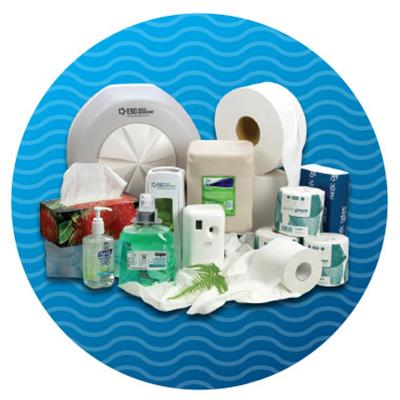Cleaning and sanitation are of paramount importance for a number of reasons, as they instantly impact our health, well-being, security, and general high quality of life. Here are the necessary thing reasons why cleaning and sanitation are essential:
Disease Prevention: Proper cleaning and sanitation assist prevent the spread of infectious ailments. Bacteria, viruses, and pathogens that may cause diseases are often present on surfaces, and cleansing removes or kills them, lowering the danger of infection.
Health and Hygiene: Personal and environmental hygiene are vital for individual health. https://www.millwoodmarketing.co.uk/ cleansing of personal areas, such as houses, workplaces, and public areas, contributes to overall well-being by decreasing exposure to dangerous substances and contaminants.
Food Safety: In food preparation and dealing with, sanitation is essential to prevent foodborne diseases. Cleaning kitchen surfaces, utensils, and palms helps remove harmful micro organism that may contaminate food.
Allergen Control: Regular cleansing helps management allergens like mud mites, pet dander, and pollen, benefiting individuals with allergy symptoms and respiratory circumstances.

Mold and Mildew Prevention: Cleaning and correct ventilation help stop the growth of mould and mildew, which may set off allergic reactions and respiratory issues and trigger structural harm to buildings.
Asthma Prevention: A clear setting with reduced dust and allergens is important for bronchial asthma management and prevention.
Enhanced Air Quality: Cleaning and correct upkeep of indoor spaces contribute to better air high quality, reducing the risk of respiratory issues and improving total consolation.
Safety: Clean and well-maintained spaces are safer. Removing hazards and sustaining cleanliness in properties, workplaces, and public areas reduces the risk of slips, journeys, and falls.
Infection Control in Healthcare: In healthcare settings, rigorous cleaning and sanitation protocols are important to forestall healthcare-associated infections and ensure patient safety.
Longevity of Assets: Regular upkeep and cleansing extend the lifespan of belongings, together with buildings, tools, and home equipment, decreasing the need for costly repairs and replacements.
Positive Environment: Clean and arranged spaces contribute to a optimistic and nice surroundings, boosting mood, productiveness, and total quality of life.
Professional Image: For businesses and organizations, a clear and well-maintained setting conveys professionalism and instills confidence in customers, purchasers, and workers.
Environmental Protection: Proper waste disposal and environmentally pleasant cleansing practices help reduce the environmental influence of cleansing products and waste.
Community Health: Cleaning public spaces, streets, and shared facilities is essential for community health and the prevention of vector-borne illnesses.
Prevention of Cross-Contamination: In healthcare, food service, and different industries, correct sanitation prevents cross-contamination, making certain the security of sufferers, customers, and the basic public.
Resilience in Emergencies: Clean and well-organized areas are simpler to manage in emergency situations, facilitating speedy response and restoration efforts.
In abstract, cleansing and sanitation are basic for safeguarding human health, promoting well-being, stopping diseases, ensuring security, and sustaining a constructive and functional residing and dealing environment. These practices are integral to personal, neighborhood, and global health and contribute to a better quality of life for individuals and society as an entire..
